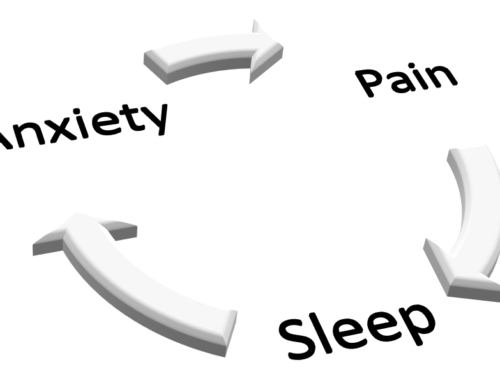
Don’t let problem medications send you to the emergency room
Problem medications are leading to an increasing number of emergency department visits. And more and more of those are ending up being admitted to the hospital. A study published in the Journal of the American Medical Association in November 2016 revealed these findings. The study was conducted by the Centers for Disease Control.
For every 1,000 emergency department visits, four are for people over the age of 65 with problem medications. In the last decade the number of people going to the emergency departments with problems with their medicines has gone up at least 10%.
The types of medications most often involved are opioid pain medicines, diabetes medicines that lower the blood sugar, blood thinners (anticoagulants), and antibiotics. There is still a significant use of medicines that have been long-recognized as a poor choice in people over 65.
Why are there more medication-related emergency visits?
Part of the reason for this increase in emergencies could be the growing number of people over 65. But, that can’t be the only explanation.
Speed – Healthcare is moving and being provided at a very fast pace. The time your doctor gets to spend with you is very limited. Often the reason for your visit takes all of the time. This doesn’t allow for a thorough review of all of the rest of your health and your medicines.
Fragmentation – Your doctors, pharmacists, nurses, therapists don’t have enough time to talk to each other. When one doctor doesn’t know what the other one is doing, problem medications can be prescribed.
Incomplete information – Your doctors don’t often know what you REALLY do at home with your medicine. I have identified thousands of instances where medication is taken differently than prescribed. This can be for many reasons. Sometimes medications are stopped without telling the doctor. Sometimes extra doses are taken. Sometimes medications get confused such that each is taken incorrectly. Other times vitamins, herbal supplements, over-the-counter medications, and other substances are taken without the knowledge of the doctor or pharmacist. These are just a few of the examples of how medication can be different than what your doctor thinks it is.
Specialized knowledge – Only a small percentage of people aged 65 plus receives care from a specialist in healthcare for people in this age group. There are not nearly enough geriatricians and board certified geriatric pharmacists to oversee the prescribing for these adults.
Don’t let this statistic apply to you
What can you do to avoid being one of these people in the emergency department because of problem medications?
First, make sure your doctors (all of them) and your pharmacist know absolutely EVERY medication you take AND how you actually take them.
Second, ask your primary care doctor AND your pharmacist to carefully review all of those medications for:
- Interactions
- Lowest possible doses
- Continued need for each medication
- Safer options available
- Removal/replacement of any medication known to be problem medications in people over 65
- Assurance each is working as planned
Third, contact the board certified geriatric pharmacist at Meds MASH for a thorough medication review today. All findings will be shared with your healthcare providers so all can work together to keep your medication regimen safe. You can reach Michelle at www.medsmash.com/contact or by calling 410-472-5078.
Mistakes, oversights, misinformation, incomplete information, misunderstandings occur in all aspects of life. They certainly exist in healthcare. NO healthcare provider wants imperfect care, but it certainly happens. This is why a multi-check system where several people work together in your care is superior to independent practice. Different providers with varying backgrounds and perspectives can catch and fix issues before they ever reach you.
For further application, check my personal blog.




